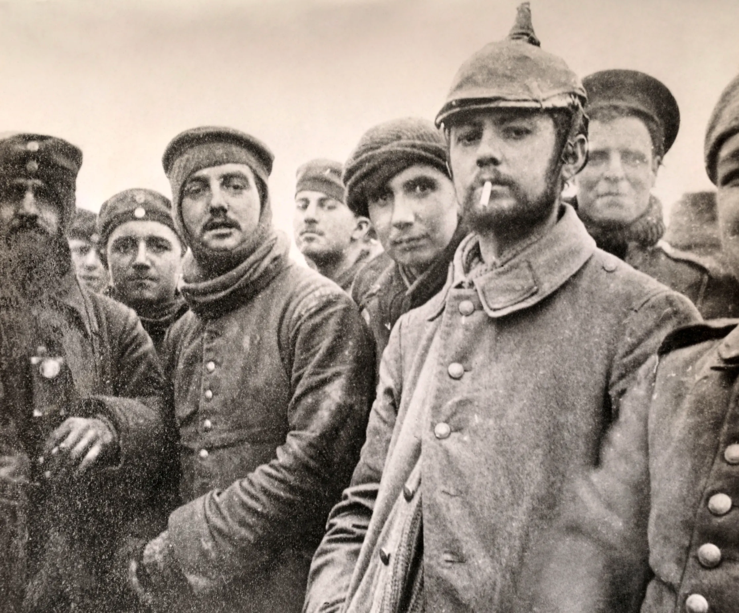
(essay)
When the present holds unbelievable horrors, I tend to turn to the past. Not to escape the cruel reality of “today” — to analyze “yesterday,” and to see the outline of “tomorrow.” Since the outbreak of the present-day bloody Ukrainian-Russian war, I felt a fresh interest in World War 1, World War 2 and in what had been similar between them. Previously, I have studied the common information: key events, great battles, important personalities. However, I have barely looked at the reasons, decisions, consequences and most of all — feelings.
History always seems so distant. We perceive previous generations like faceless strangers, as if they were not human at all. Thinking about the beginning of the 20th century, we blame monarchs for their greed and idleness which, as we see it, caused the Great War (1914-1918). Thinking about the aftermath of this disaster, again, we blame the leaders for poverty and bitterness of the reconstructed world. We still can’t forgive Europe for being too fragile and liberal to fight totalitarianism and allowing Mussolini, Hitler, Shōwa and Stalin throw that new world into another horrendous war. We are grateful to the ones who built the modern democratic world, but we also easily judge them for their failures, as if they were objective and actually knew what’s wrong and what’s right and made all the mistakes intentionally. But do we know what’s wrong and what’s right?
Indeed, the history of these wars is distant. Until you recognize it as a real life, the same as present. It might be difficult to comprehend it through political and economic facts. What makes our history alive are people: personal items and letters, photos and memoirs, articles and stories. Once you read Hemingway, Remark, Vonnegut, Nemirovsky and their contemporaries, you clearly see people surprisingly similar to us emotionally, intellectually and spiritually. It turns out that on either side of tranches and battlegrounds there were equally devastated human beings who, deep down in their hearts, had no ideas why they had been fighting in those wars. Surprisingly, even the governments all around the world were not divided into “holy goodness” and “absolute evil” categories. They were also just people with a heavy burden who did what they subjectively thought was right and good. People were subjective. Subjectivism enhanced their national identity and provoked certain actions in those tough circumstances. But in the end of the day, they lived through all the repercussions and built a new society we live in today.
So, knowing all the forerunners of disasters, all the decisions, actions and consequences, why are we still going the same path as our ancestors? Why are we following their steps or more correctly, missteps? Did the World Wars actually shape us as human beings? Or did they just pass through us and go into oblivion? Maybe they had cast a ghostly shadow that everyone got used to…Apparently, those wars were vain, because we still fight over a territory, a nationality, a language, a religion, some sex and race issues. Well, again, we can blame our predecessors for not raising us well, for not leaving a legacy strong enough to hold us from mistakes. Although will it affect the present in any way? Pointing fingers certainly will not.
What we can and should do is to stop looking at this world in blacks and whites. This approach divides us and eventually makes us see red. The reality is not definite. We’re used to hear that it’s grey, but I’d like to point out that it’s amazingly colorful. We should acknowledge that just like there are neither supreme shades, nor supreme territory, neither ‘Übermensch’ nation nor super culture, etc. We are equally different humans and we should finally understand that and live accordingly. Because as long as there are “friends” and “enemies,” “allies” and “rivals,” “superior” and “inferior,” there will always be hatred, poverty and war.
*Photo: Soldiers of the 5th London Rifle Brigade with German Saxon regimental troops at Ploegsteert Wood during the Christmas Truce of World War One, December 1914.

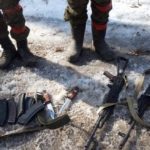





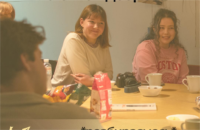








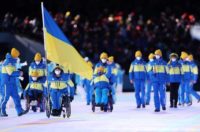






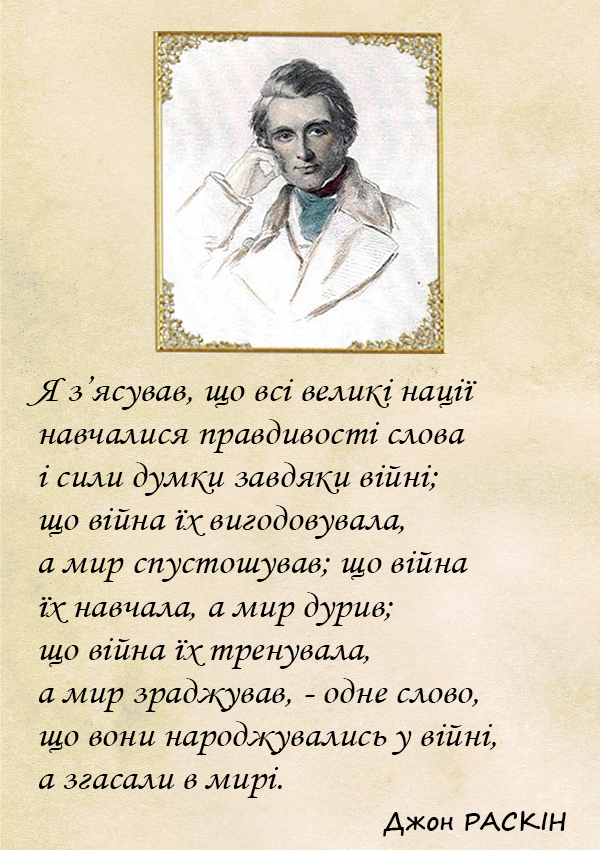


































Залишити відповідь